Team
The SEAMLESS: Transforming Community Health project brings together internationally leading expertise in bioengineering, tissue viability, implementation, and social sciences with industry partners. This multi-disciplinary team have worked together over a number of years, using the latest pressure sensing technology, to evaluate movement patterns over prolonged periods.
Prof Peter Worsley, University of Southampton – Project PI
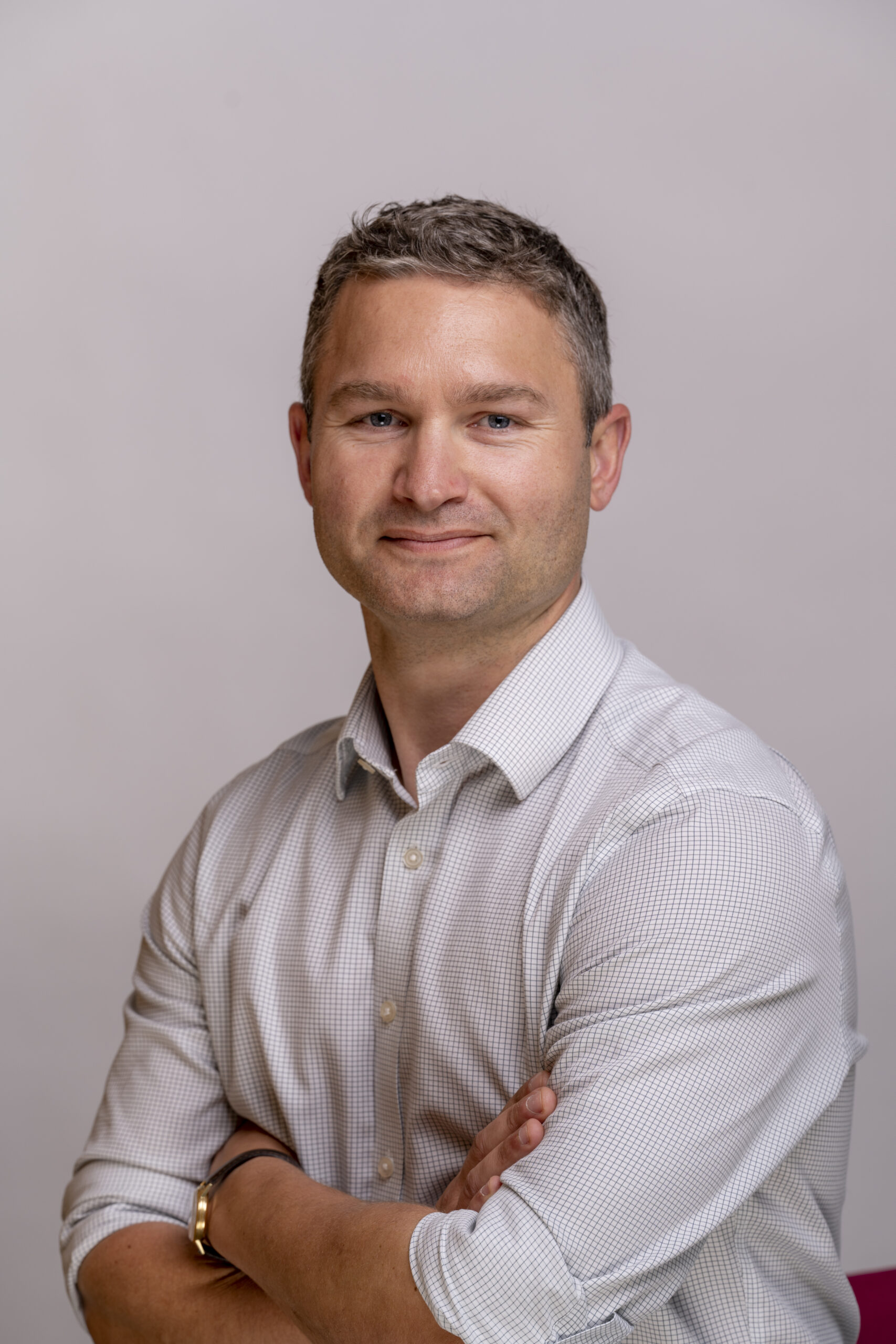
Prof Peter Worsley undertook a degree in Physiotherapy (2007) and a PhD in Bioengineering (2011) at the University of Southampton (UoS). His research and clinical experience fuelled a passion for scientific understanding of key healthcare challenges. He co-leads the Skin Sensing Research Group | University of Southampton within the School of Health Sciences. He is the PI of this multidisciplinary project to develop technologies to promote posture and mobility for individuals living in the community. Read more on Prof Worsley’s staff profile page at the University of Southampton.
Nicci Aylward-Wotton, Cornwall Foundation Trust
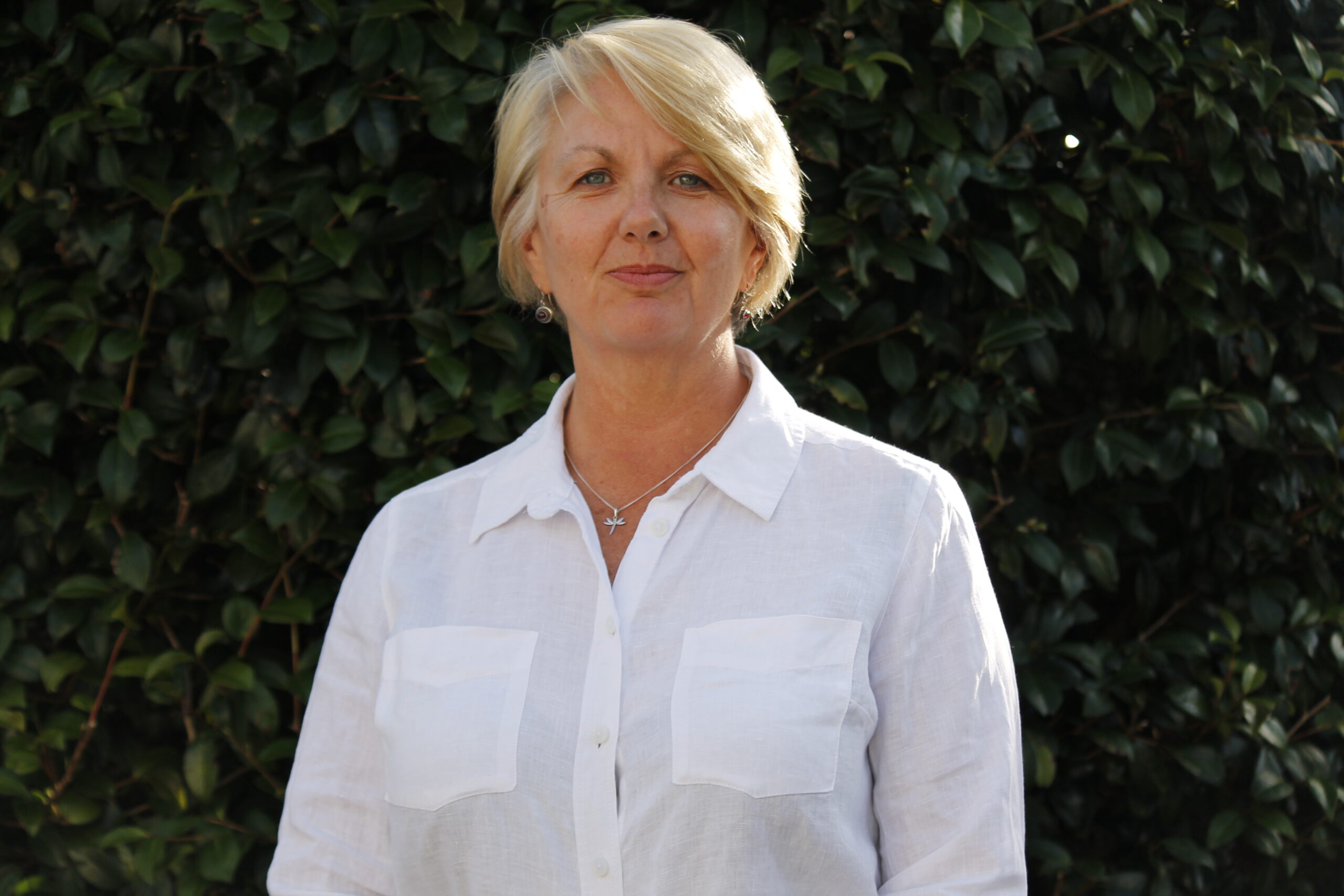
Nicci Aylward-Wotton qualified in as a registered nurse in 1987, progressing to a senior staff nurse post following a research post. Nicci left the acute sector in 1990 to undertake her District Nurse (DN) training and completed a Nurse Practitioner BPhil degree at Exeter University. In 2001 Nicci was given the opportunity to lead the Tissue Viability Service in Cornwall Community with a focus on the prevention of pressure ulcers. Nicci completed her masters in Tissue Viability in 2008. Nicci has lead funding awards from the Health Foundation “Improving pressure damage detection in the community using continuous pressure monitoring”, with the latest PROMISE project involving four sites in the South-West Region. This work has resulted in winning the Title of Tissue Viability Nurse of the Year 2016, and Runner Up in Wound Care Nurse of the Year 2021 for the PROMISE teams. Nicci is currently working as a Research Fellow with the University of Southampton as clinical lead on the SEAMLESS project.
Prof Liudi Jiang, University of Southampton
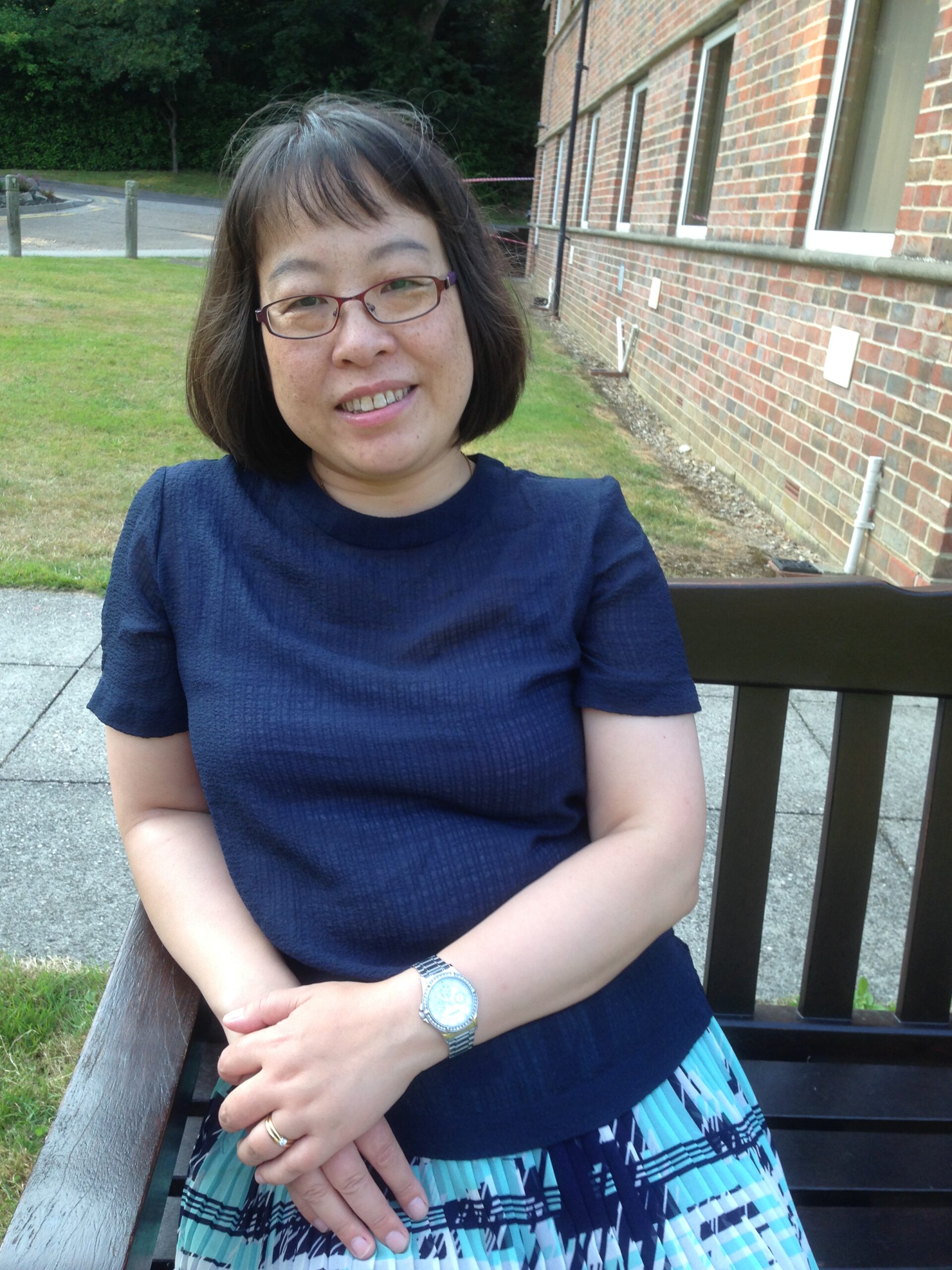
Prof Liudi Jiang is a Professor of Materials and Electromechanical Systems. Her expertise in intelligent sensor systems and digital health has enabled development of advanced assistive technologies, rehabilitation, and effective skin ulcer prevention, addressing a range of unmet healthcare needs. Her multidisciplinary research portfolio contributes to the engineering research and translational aspects of the project. Read more on Prof Jiang’s staff profile page at the University of Southampton.
Dr Euan Sadler, University of Southampton

Dr Euan Sadler is an Associate Professor within the School of Health Sciences at the University of Southampton. He is leading and collaborating on a programme of research to improve person-centred integrated care for people living with frailty, dementia, stroke, and multiple health conditions. Euan has an interdisciplinary research background, and his expertise and interests focus on social science informed qualitative research, stakeholder engagement and co-production approaches in the development, evaluation, and implementation of interventions to improve health and social care outcomes for older people with complex care and support needs. Read more on Dr Sadler’s staff profile page at the University of Southampton
Dr Rashedul Hoque, University of Southampton

Dr Rashedul Hoque is a Research Fellow in the Skin Sensing Research Group at the University of Southampton. As part of his PhD in Biomedical Engineering, he led a clinical study on non-invasive diagnostic tools for conditions affecting the elderly, including bladder cancer and lower urinary tract symptoms. He has extensive experience in clinical trial design and delivery, patient recruitment, and collaboration with NHS and industry partners. Rashed is also skilled in regulatory affairs, research ethics (serving as a University ethics committee member), and quality assurance in the medical device sector. His research focuses on preventing and managing chronic health conditions in ageing and immobile populations, and translating innovative health technologies into community and clinical settings. Read more on Dr Hoque’s staff profile page at the University of Southampton.
Dr Stephen Duckworth, University of Southampton
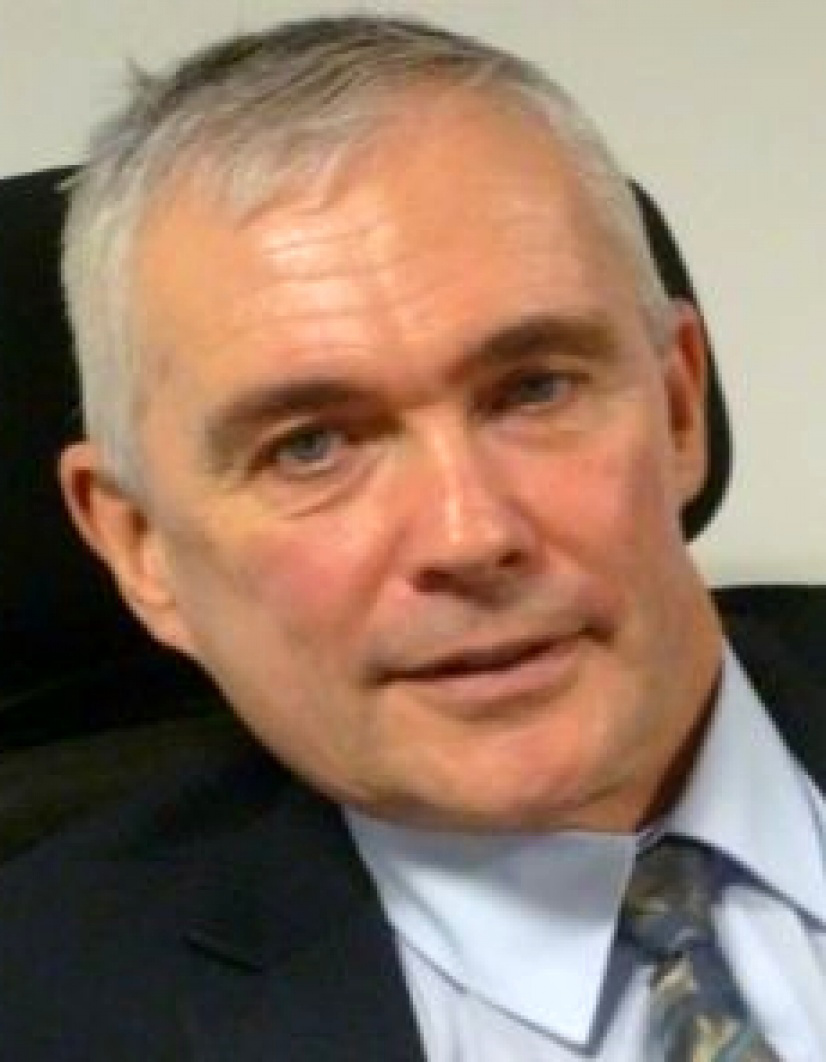
Stephen Duckworth has been an electric wheelchair user for over 40 years and has direct personal experience of living with pressure sores. Stephen is an Adjunct Professor of Bio-Engineering at the University of Southampton. He trained as a doctor in London and subsequently completed a Masters in Rehabilitation Studies and a PhD focusing on Disability and Equality at the University of Southampton. In July 2023, he was awarded a prestigious Doctor of Science degree by the University in recognition of his substantial contribution to scientific knowledge internationally, beyond that required for a PhD.
Stephen is currently a Non-Executive Director at Network Rail, the Palace of Westminster Restoration and Renewal Delivery Authority and Hampshire Hospitals NHS Foundation Trust. He is also a Trustee of the Rugby Football Union Injured Players Foundation. Previously, Stephen was a member of the Council of the University of Southampton and Non-Executive Director of the Olympic Delivery Authority that created the infrastructure for the most successful Paralympic and Olympic games in London 2012.
Joanna Pendray
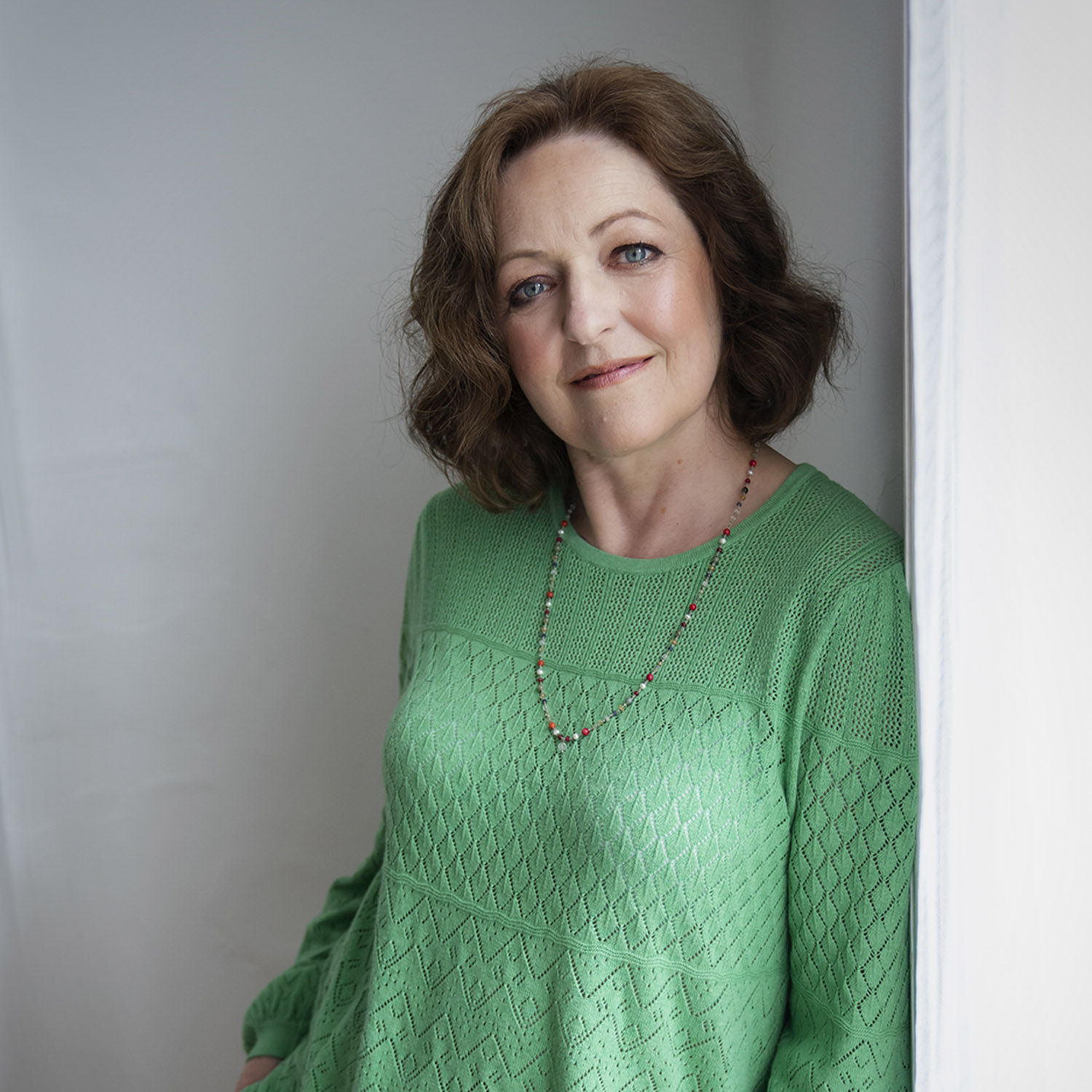
Jo has a degree in Social Psychology from the University of Sussex and is an independent facilitator, trainer, consultant and coach working mainly with teams in health and social care. Before moving to independent consultancy in 2019, Jo worked in the healthcare sector, managing the Patient Safety Collaborative in Southwest England for the South West Academic Health Science Network (SW AHSN) and gaining a Post Graduate Certificate in Patient Safety and Simulation. Jo is a visiting lecturer on Patient Safety, with a focus on safety culture, at the University of Plymouth.
Jo is also an experienced Project Manager and managed the PROMISE project, developing an interest in the management of pressure ulcers in the community as a result.
Jo brings a diverse background to her work, having gained extensive skills and experience in a variety of sectors in HR and other senior management roles. She is currently working as an Associate with a number of South West and national organisations in health and social care.
Dr Silvia Caggiari
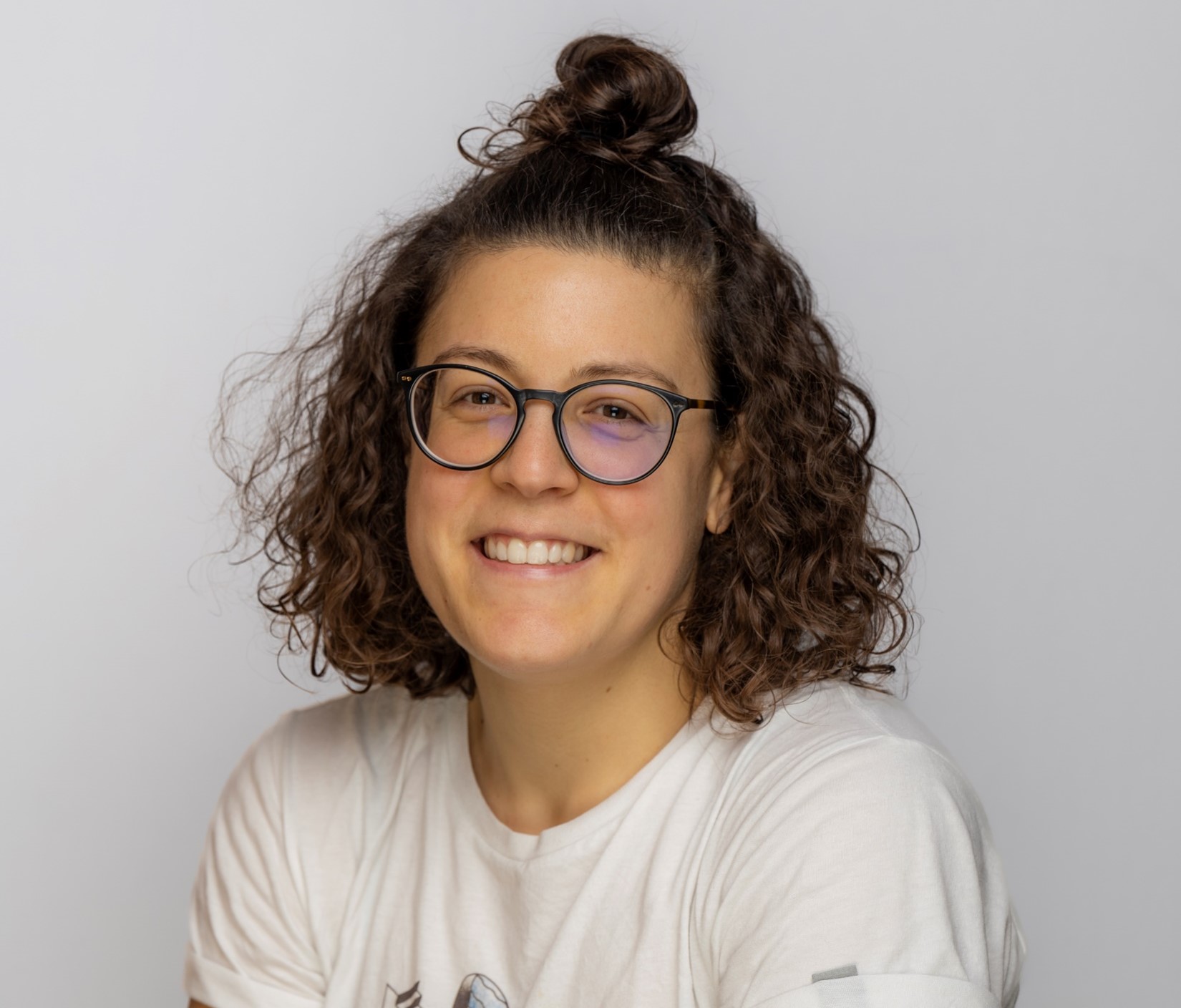
Dr Silvia Caggiari was formerly a Research Fellow in the Skin Sensing Research Group at the School of Health Sciences, University of Southampton. She is a bioengineer by background with a EPSRC iCase PhD in Health Sciences. In her doctoral work, Silvia developed an intelligent algorithm for the detection of posture and mobility in individuals at risk of developing pressure ulcers.
Prior to her PhD, Silvia also worked as Research Assistant at the “Biomechanics and Industrial Ergonomics” Laboratory, University of Cagliari, Italy, where she developed interest for human motion detection in the clinical field.
Her research focus surrounds the prevention of skin and soft tissue damage, e.g., pressure ulcers, involving a number of specialist areas, such as:
– Evaluation of biomechanical and physiological interactions of medical devices at a skin-device interface, e.g. respiratory protecting equipment;
– Development of intelligent algorithms involving machine learning and digital monitoring tools to evaluate posture and mobility for personalised care to support prevention of chronic wounds.
Prof Bridie Kent, University of Plymouth
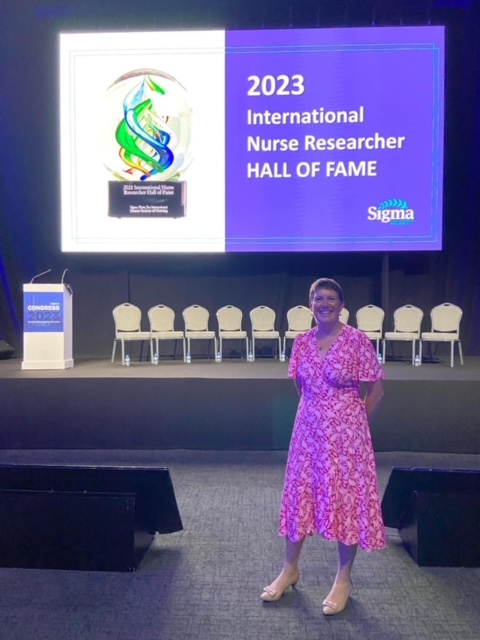
I am a Registered Nurse, with a background in both clinical and academic appointments in the UK, New Zealand and Australia, resulting in extensive experience in leadership, practice change, health workforce and implementation research. I am a Professor of Leadership in Nursing, and a Clinical Academic Nurse, at the University of Plymouth, working to improve patient experiences through research, education and clinical practice. I continue to work clinically in the field of adult intensive care.
Over the last 20 years, I have led or been a co-investigator in at least 41 successful research grant applications totalling over £4.5 million in the UK, AUS $2.5 million in Australia and NZ $1.3 million in New Zealand. Currently, I am leading a NIHR Global Health and Policy Systems grant in which the team are co-designing rehabilitation services for those living in rural communities in the Philippines following stroke.
My research has resulted in practice and policy changes, making a difference to the quality of care received by patients. I have held senior academic leadership positions at the University of Plymouth and currently I am a Non-Executive Director at the Royal Devon University Healthcare NHS Foundation Trust in Exeter, UK. I hold honorary professorial appointments at University College Dublin, Ireland, and Deakin University, Australia.
Prof Davide Filingeri, University of Southampton
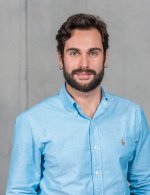
In 2016, Dr Davide Filingeri was recruited to a research-intensive lectureship by Loughborough University, where he set up the Thermosenselab. In March 2021, Davide moved to the University of Southampton, where he co-leads the Skin Sensing Research Group | University of Southampton. Davide continues to research how the skin, this marvellous organ that wraps us all, senses the thermal challenges posed by our surrounding environments. Read more on Prof Filingeri’s staff profile page at the University of Southampton.
Dr Rebecca Hardwick, University of Plymouth

Becky is an applied health researcher, with methodological expertise in qualitative and realist research and evaluation. She has skills in systematic review, ethnographic methods (interviews and participant/non-participant observation), and realist methods. She works for the University of Plymouth, and co-leads the NIHR South West Peninsula Applied Research Collaboration Mental Health Research Initiative. Her research interests include knowledge mobilisation (the focus of her PenCLAHRC PhD), voluntary sector healthcare organisations, realist methodology, language revitalisation and mental health. She supervises two PhD students, one at the University of Plymouth and one at Charles Darwin University. You can find out more about her on her University of Plymouth webpage https://www.plymouth.ac.uk/staff/rebecca-hardwick